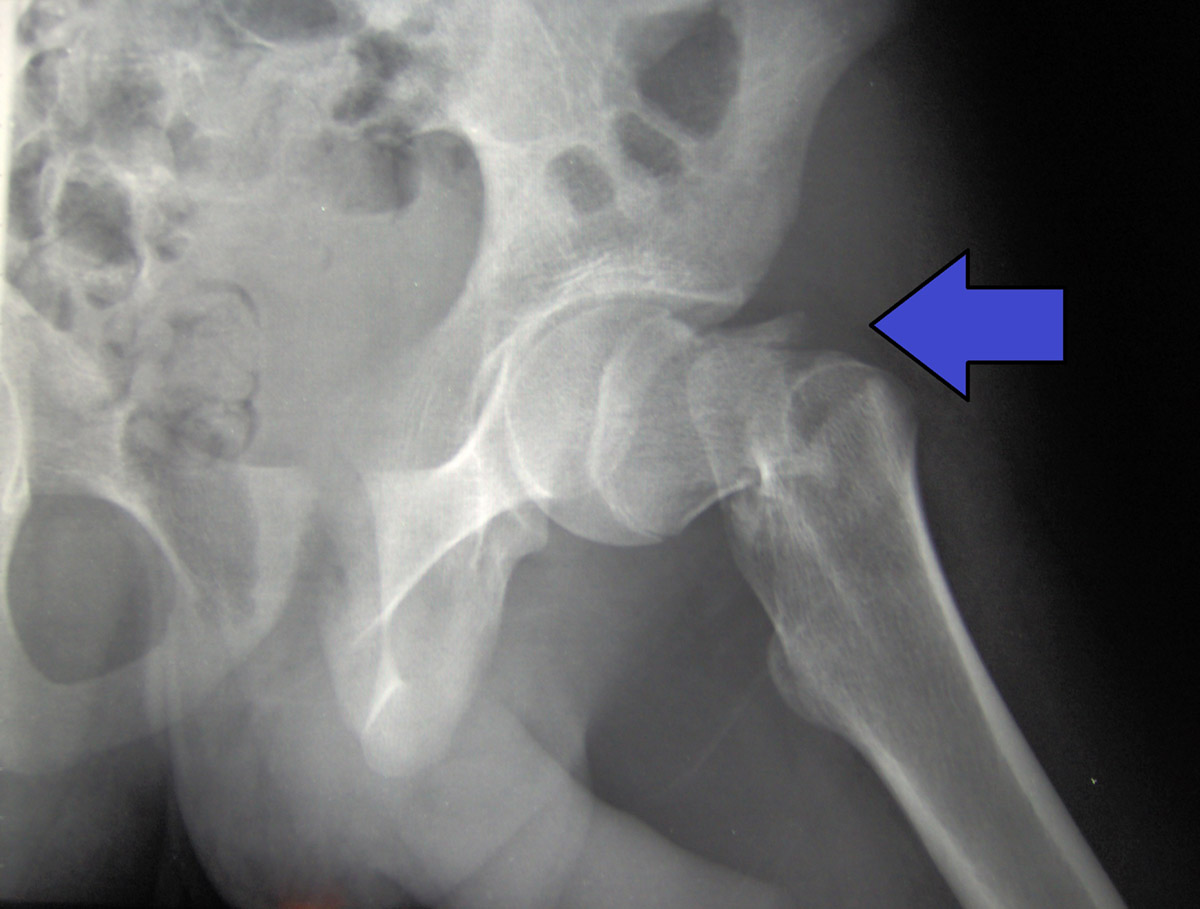
Fracture of hip bone is severe and potentially life-threatening condition. Still surgical procedures are so advanced that even this serious fracture can be treated amazingly well. As any other surgical procedure even in this case there are possible postoperative complications. However they mainly occur in elderly patients and are rare caused because patients are bedridden for longer period of time. The goal of overall treatment is that patients start to move and walk as soon as possible.
The surgeons have different options in treating broken hip. One of these is usage of metal pins and screws to reconnect the ends of broken hip. This procedure does not involve drastic cuttings. Only a small incision in hip area is made. The advantage of this surgical method is possibility for the injured person to start walking again immediately after the operation. This way the patient does not have to face possible postoperative complications.
It is true that even hip fracture can heal on its own but this means that injured person has to spend at least twelve weeks in bed. Because this period of time is way too long the surgeons are in favor of operations especially in elderly people who are not supposed to be bed ridden for longer periods of time. In case that parts of the bones have dislocated the surgeon has to conduct more complex surgical procedure, the one in which femoral head is replaced with artificial one. This means that parts of the bone will be cut and removed and they are then replaced with prosthesis. This is done to prevent possible severe complication called avascular necrosis which may happen in case of dislocated fracture.
The operation of the broken hip is conducted under general anesthesia. However in some cases even spinal block is applied. There are several complications that might happen after the surgery. Being ridden to bed patients may develop pressure sores or catch pneumonia. Thromophlebitis also happens and it is connected to prolong lying as well. Infections are not so common because the patient is always given antibiotics after the surgery. Avascular necrosis may occur in cases of dislocated fractures. Improper union of fractured parts sometimes happens. Nerves and vessels may be damaged. Still this damage may occur due to fracture or during the surgical procedure. Complications connected to anesthesia are rare. This is why allergy to any medication has to be reported prior the surgery.
After the surgery one must go to physical therapy to get back in shape and be able to walk properly again.






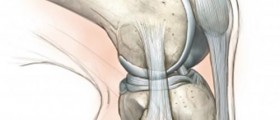

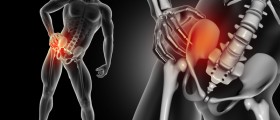


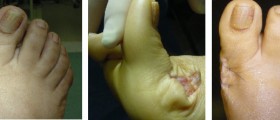

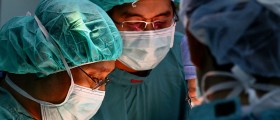

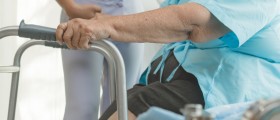
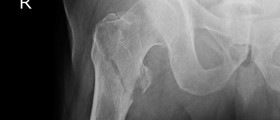
Your thoughts on this
Loading...